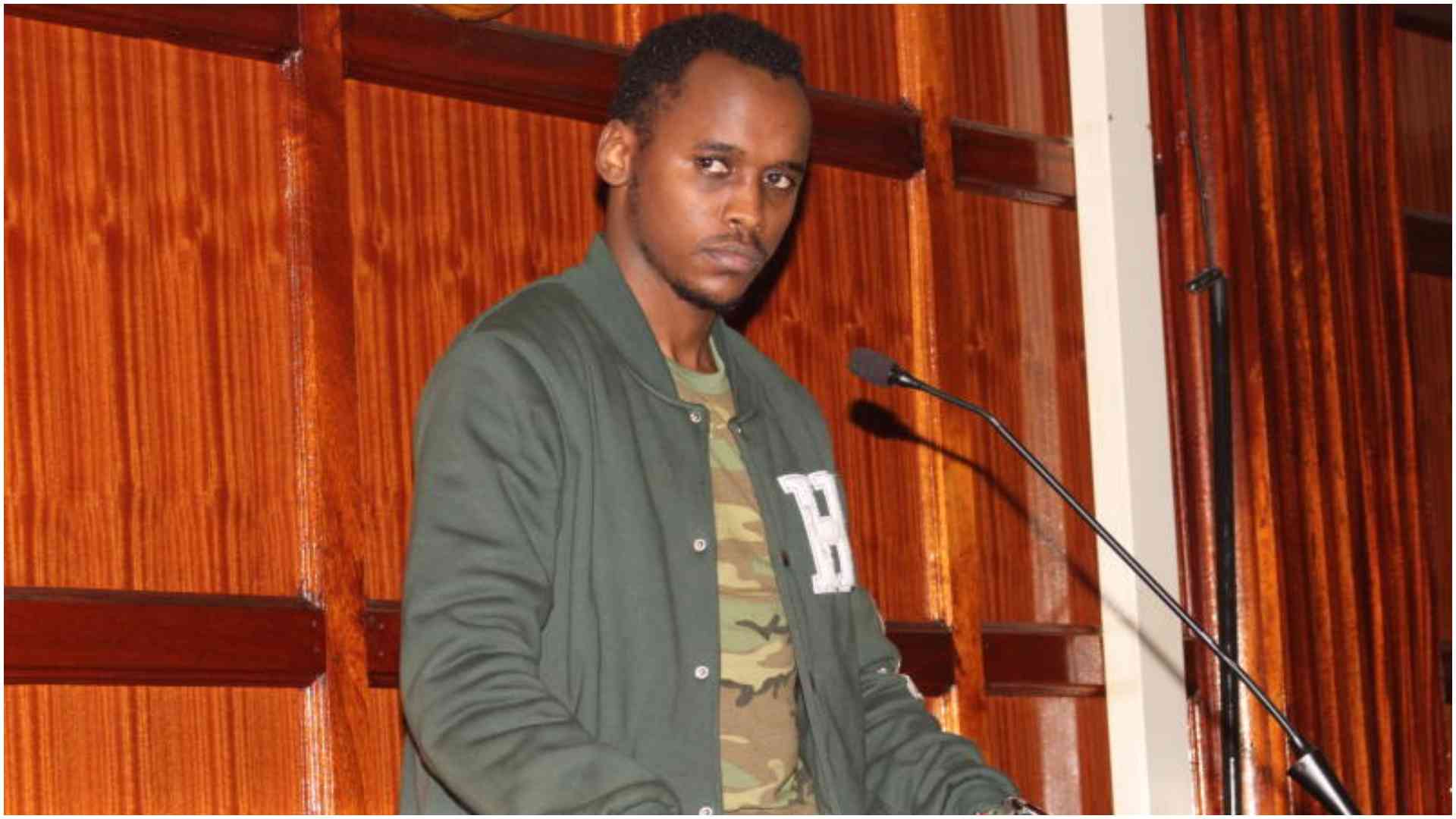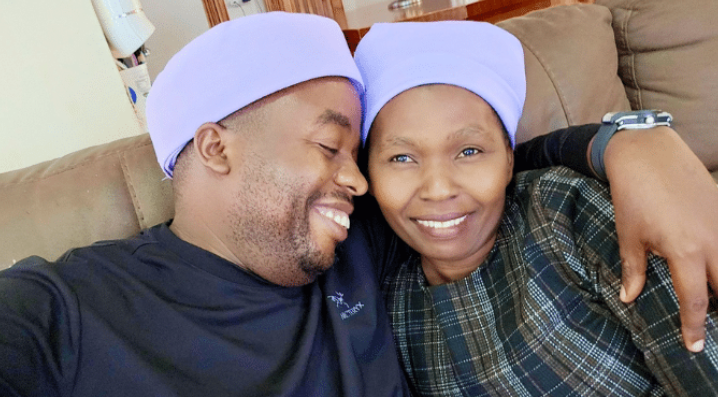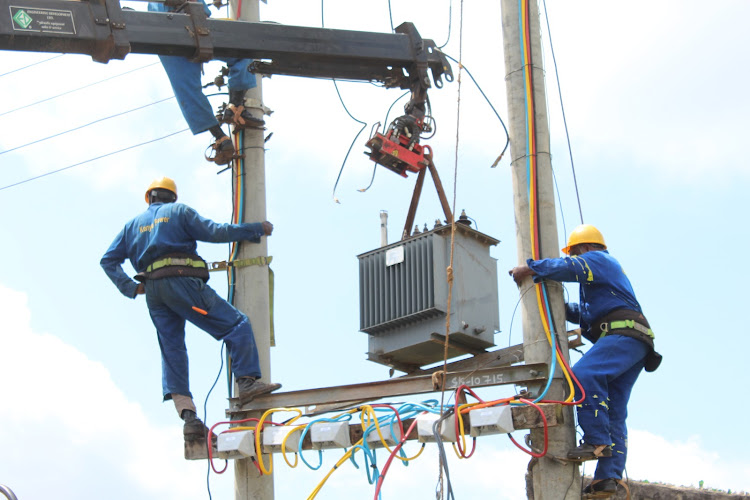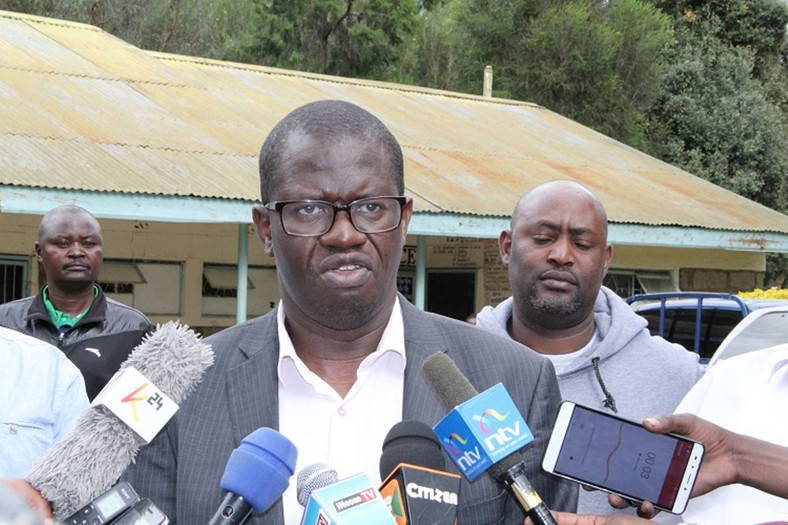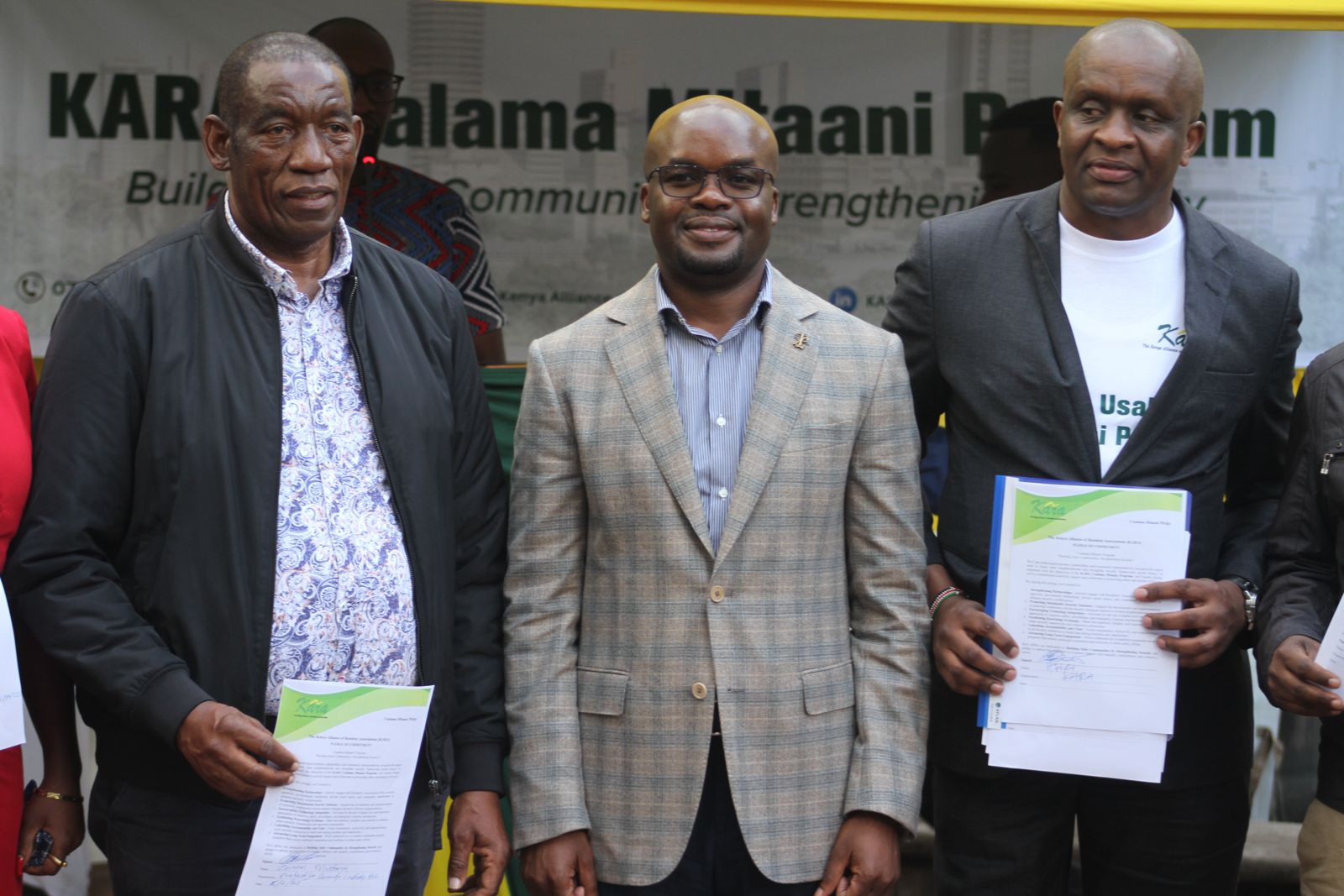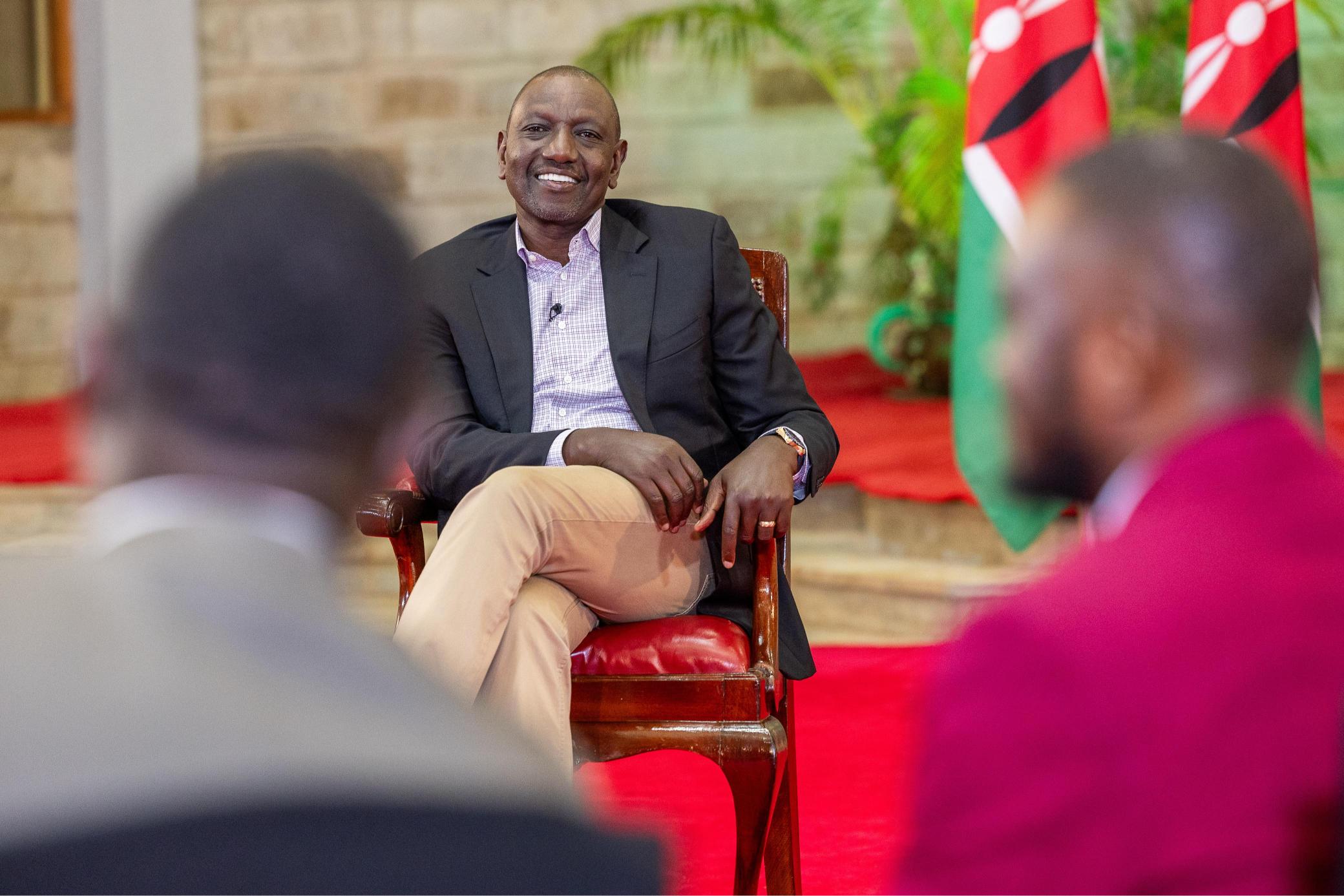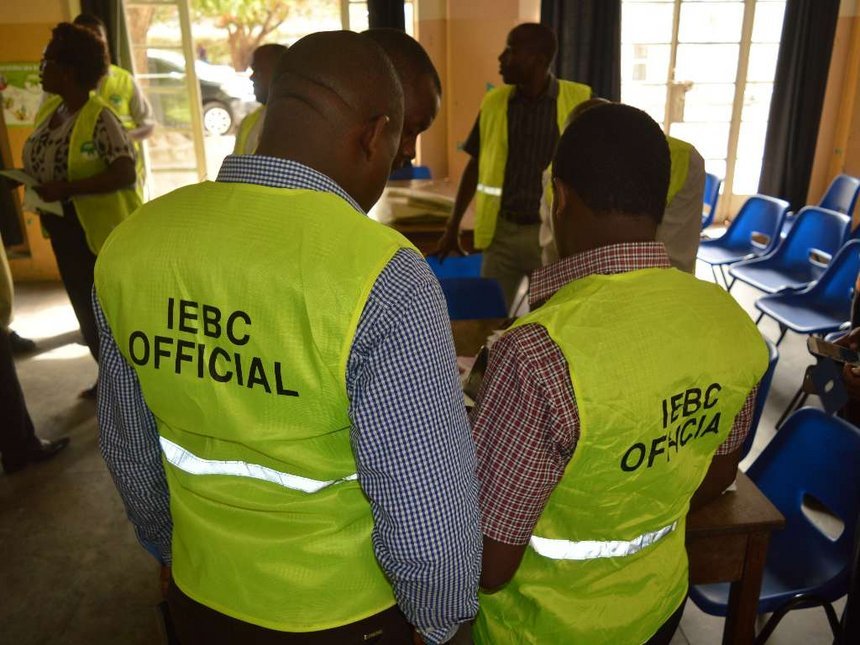Dennis Okari Opens Up About Daughter’s Illness and Harsh Realities of Kenya’s Healthcare System
Image: Ivanna with her dad, Dennis OkariDennis Okari has offered a deeply personal glimpse into a traumatic chapter of his life—his daughter Ivanna’s critical illness—and the emotional and financial turmoil that followed, echoing the challenges many Kenyans face in accessing urgent medical care.
Speaking during an interview with a local radio station on Friday, May 16, 2025, Okari recounted the moment his daughter was rushed to the Intensive Care Unit (ICU) in a coma. As he tried to come to terms with her condition, he was hit with a medical bill running into millions of shillings, with the hospital demanding that he pay half the amount upfront.
“My daughter was unwell, admitted to the ICU and in a coma. Barely a week in, as I was still trying to understand what was happening, I was slapped with a medical bill—not thousands, but millions. The hospital told me I had to pay half immediately, or else,” he said.
Okari noted that throughout this crisis, he was not given a clear explanation of her condition. This, he said, reflects a wider systemic issue in Kenya’s health sector, where families are often left in the dark while still being pressed for payments.
“You’re under pressure to grasp what’s going on, but all you get is demands for money. In the end, you leave the hospital with your loved one—without even knowing what’s wrong. That’s the reality for many Kenyans,” he added.
“Where’s the Money?” Before Treatment
The investigative journalist also raised concerns about how financial capability is prioritized over medical urgency in Kenya’s healthcare system. He criticized the practice of demanding proof of insurance or immediate payment before administering care—even in emergencies.
“The first question you get asked is, ‘Where’s the cover?’ or ‘Where’s the money?’—and this is during an emergency. That’s the unfortunate truth of our system,” he remarked.
Ivanna’s Battle with a Rare Illness
Okari’s daughter, Ivanna, was diagnosed in 2019 with Acute Disseminated Encephalomyelitis (ADEM)—a rare autoimmune disease that attacks the brain and spinal cord. The condition rapidly worsened, robbing her of the ability to walk, speak, and eat, and ultimately leaving her in a coma. She spent a month in the ICU on life support.
Okari’s revelations serve as a stark reminder of the urgent need for reform in Kenya’s healthcare system, particularly around affordability, transparency, and emergency care protocols. His story resonates with countless families who continue to struggle under similar circumstances—with limited options, rising costs, and little support.

